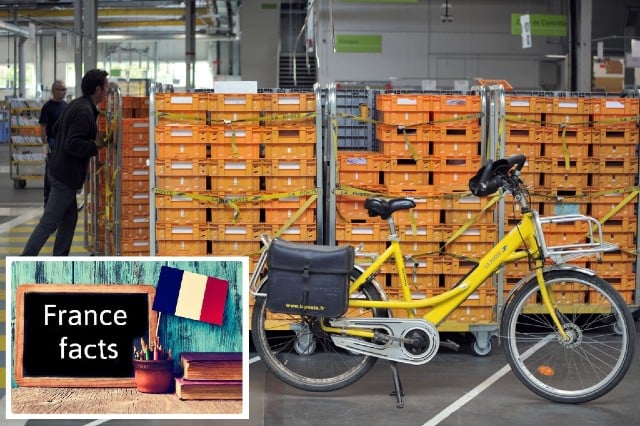A bevy of brave French postmen in Toulouse volunteered to have thermometres taped to their testicles in an experiment to find out if both are the same temperature.
The study, conducted by leading fertility specialist Roger Mieusset and Bourras Bengoudifa from the University of Toulouse, concluded that the left one is slightly warmer than the right – but only if a man is wearing clothes.
The experiment outline did not explain why postmen were considered the perfect subjects for testing, but added that a follow-up experiment tested the temperatures of the testicles of 11 bus drivers, with the same result.
The experiment secured the 2019 IgNobel science prize for Mieusset and Bengoudifa, the annual international prize that celebrates the more light-hearted science experiments that 'make people laugh and then make them think'.
This year's #IgNobel Prize in Anatomy: Roger Mieusset and Bourras Bengoudifa, for measuring scrotal temperature asymmetry in naked and clothed postmen in France. *emoji redacted by the NSFW Indicator*
— Improbable Research (@improbresearch) September 12, 2019
Roger Mieusset is a fertility specialist who is a leading researcher into the causes of infertility – which can be impacted by either very high or very low temperatures which damage or destroy sperm.



 Please whitelist us to continue reading.
Please whitelist us to continue reading.
Member comments